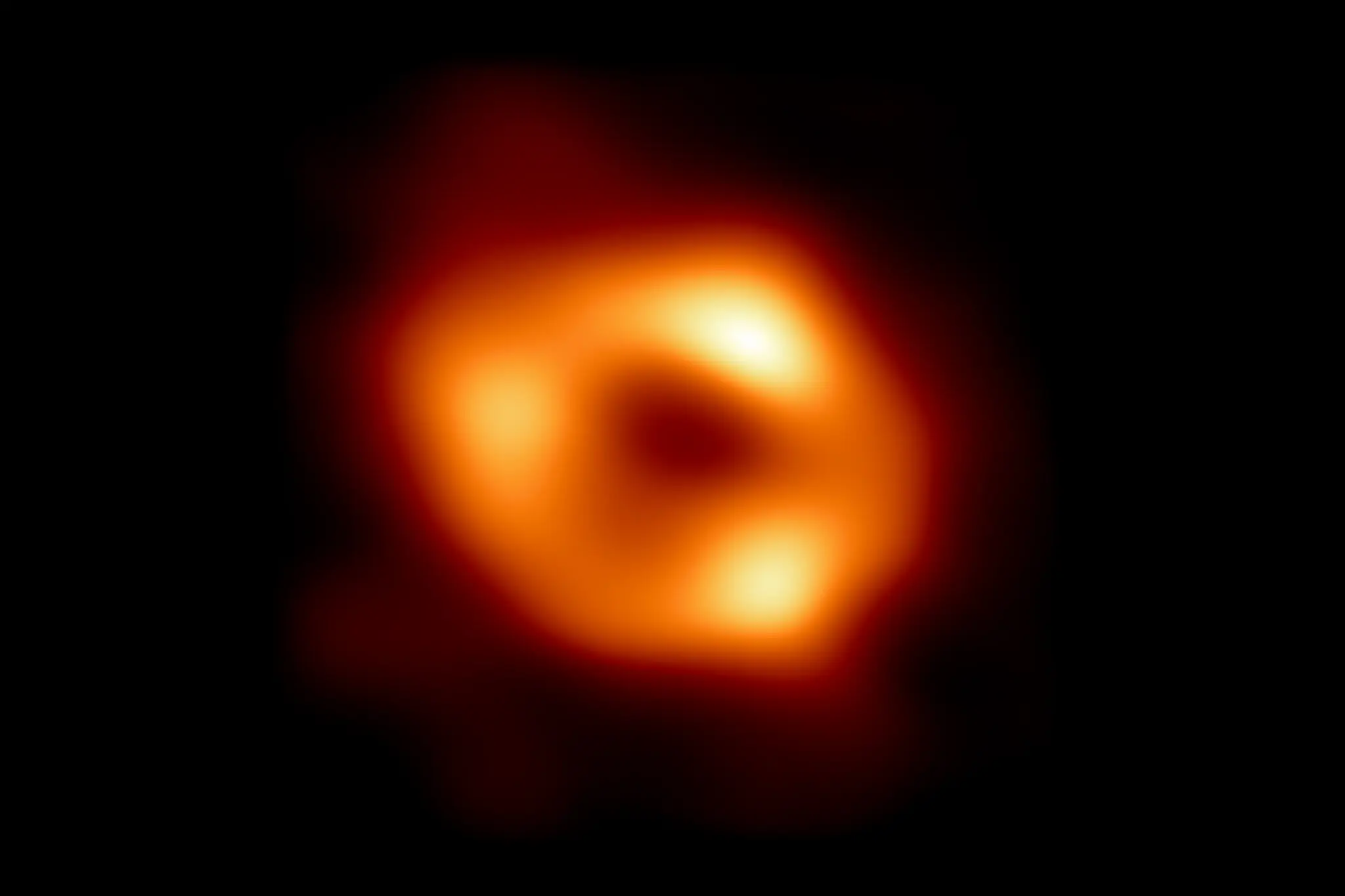
As Aristotle taught us, all human knowledge begins with sense perception ― what we see, hear, smell, taste, and touch ― from which we reason our way to everything we know. At the same time, our senses are quite limited, thereby limiting the potential of our knowledge.
Enter production. By producing goods and services, we increase the power of our senses. For example, our sight could not surpass an owl’s, till we lift a pair of binoculars, nor could our underwater hearing beat the whale’s, till we use sonar. By these and countless methods, we maximize our learning.
A striking example of this productive role is the Event Horizon Telescope, a global network of radio dishes, which recently captured an image of the black hole at the center of our galaxy. In 2019, it relayed one from another galaxy, the first such image ever recorded. Before these feats, the existence of black holes was inferred by Einstein, using his Theory of Relativity. Now they can be observed directly.
And seeing is believing. As one astronomer put it, “We have seen what we thought was ‘unseeable.’” How? By combining the limited and unchanging power of our senses with the seemingly unlimited and ever-changing power of what we can produce.
Such is the nature of production, that it makes us ― in a sense ― more than what we are.
Be First to Comment